She never knows when it’s going to happen.
The last time it did, Darlene Clair-Clark was in the bathroom at work when she suddenly remembered she’s lost two sons to homicide and broke down.

The 55-year-old mother of three wishes she could forget the losses and just remember the lives, but the pain she feels in her heart won’t allow her.
“People don’t know what they do to a family when they commit a horrific crime,” the Chicago native says. “It’s bad enough that they’ve committed a crime, but what they do to the family… they have no idea.”
Since Jan. 1, 2011, there have been more than 1,000 homicides in Chicago, but the number of people left to grieve those deaths is far greater. From support groups and vigils to memorials and praying for a better day, survivors cope with these violent deaths in different ways.
Clair-Clark lost her oldest son, Alexander Clair, and his girlfriend – whom she considered a daughter-in-law – in a double homicide. The 23-year-old mechanic and his 25-year-old girlfriend Jewel Watson died Oct. 30, 1996. The shooter is serving a life sentence for the killings, which happened over a disagreement about a car Clair had sold the man.
Then on July 3, 2007, Clair-Clark’s other son, 32-year-old Virgue Clair, was shot to death on her front porch during a family gathering.
Clair-Clark was injured during the same shooting as she stepped outside. Her daughter-in-law, grandchildren, nieces and nephews were all heading outside, too, but stopped when they heard the shots ring.
Just four days earlier the family had gathered for a picnic Clair-Clark organized in memory of loved ones lost to homicide. She also lost a brother to violence; he was shot two days after graduating from high school.
While her first son’s homicide case was solved, the person who killed her second son has not been charged. The shooter was arrested but released three days later, she says. Police told her they didn’t have enough evidence to hold or charge him even though she identified him in a line up, she says.
Officers in the Chicago Police Department’s News Affairs office could not explain why the identified shooter was released or comment on the case. A spokesman said it’s possible Cook County State’s Attorney Anita Alvarez’s office declined to file formal charges. Alvarez’s office did not return ChicagoTalks’ calls.
Since the shooting, Clair-Clark has seen the person she believes shot her second son several times. The first time she saw him she approached him, and the second time he apologized for killing her son. He told her he shot the wrong person, but he won’t turn himself in to police.
“I don’t hate him, but I hate what he did,” Clair-Clark says. “I wish a thousand times I could bring my son back.”
Clair-Clark’s faith is what has gotten her through the pain of her losses, she says. She’s thankful for her only surviving child, her 27-year-old daughter who was 11 and 21 when her brothers died.
To help cope, Clair-Clark regularly attends meetings for crime victims and support groups, such as Parents of Murdered Children and the Cook County State’s Attorney’s Victim Witness Protection program.
Patricia Nichols, co-leader of the Chicago chapter of Parents of Murdered Children, says it’s important for people to know they’re not alone and there are people who understand the feelings of sorrow and loss they experience on birthdays, the anniversary of the death, Mother’s Day, Father’s Day – or any day.
“Some people may be like, ‘It’s been 10 years, you should be over it by now,’ but you never get over it,” Nichols says. “Unless you’re walking in a person’s shoes, you have no idea what they go through on a daily basis.”
Nichols’ only child, 27-year-old Tasha Nichols-Mack, was murdered in 2003. She keeps her daughter’s memory alive by being a part of Parents of Murdered Children and listening to participants talk about their children’s lives.
For Donna Howard, who lost her son to gun violence nearly two years ago, speaking with someone who knows what it’s like to lose a child to homicide gives her comfort.

Cleopatra Cowley-Pendleton, the mother of slain Chicago teen Hadiya Pendleton, reached out to Howard on Facebook through a support group for parents, offering her emotional support.
“She told me, ‘We’re going to see our kids again because we believe in God,’” Howard says, fighting back tears.
Howard will never forget getting the news Oct. 24, 2011, that her 18-year-old son, Delvonta Porter, had been pronounced dead.
“Nothing is the same since Oct. 24,” Howard said. “He was the man of the house. He took care of things, saying, ‘Momma, don’t pick that up, I got it.’”
The single mother’s two surviving sons, now 13 and 18, have since attended counseling to help cope with the loss of their older brother, she says.
“They know when they talk to the other person, that other person won’t start crying,” Howard says. “I know they don’t want to see me cry. I cry by myself because I don’t want them to feel down all the time. I want them in good spirits.”
Her son’s killer has not been caught, but Howard says she’s received several anonymous messages through Facebook informing her who killed her son. She also reports getting a phone call in which the person warned her, “it would be in your best interest to keep [Porter’s] name out of your mouth.”
Howard reported the incident to the police who told her they’d look into it, but she never heard back, she says.
She’s encouraged people to share with police what they know, but they tell her they’re too scared.
The decision to bring charges is made by the state’s attorney’s office, Adam Collins, director of News Affairs for the Chicago Police Department said in an e-mail responding to questions ChicagoTalks submitted about unsolved homicide cases.
“The key pieces of evidence typically required by prosecutors include credible witnesses who is willing to come forward or DNA, which you don’t have with murder by gunfire. A single witness without corroboration may not be enough for prosecutors,” Collins wrote in the e-mail.
Despite the apparently lack of progress in her son’s case, Howard vows to press on.
“I could count on him for anything in the whole wide world,” she says. “That’s why I gotta fight for him.”
Howard has organized neighborhood support groups, like Mothers of Murdered Kids in Chicago Take a Stand, to help herself and others cope. But nothing will ever be able to fill the space in her heart occupied by her murdered son.
“My heart is broken. I’m gonna die with this broken heart,” Howard says, crying.
This story is part of a week-long series about homicides in Chicago. ChicagoTalks, a news outlet operated by Columbia College’s Journalism Department, undertook a semester-long investigation of the topic funded with a grant from The Chicago Community Trust. ChicagoTalks is publishing additional stories throughout the week. If you have questions or comments, please e-mail project editor Suzanne McBride at smcbride@colum.edu.
Read more from this series:
- Argument over basketball game takes parents’ only child
- Family seeks answers after 8th grader’s murder
- Family, friends of murdered Uptown businesswoman say they have been left in the dark
- Killer on the line
- Lonely anniversary
- Families say silence the norm after Chicago homicides
- Homicide victim’s mother sees progress in Englewood
- Giving up on justice
- Families question support after loved ones’ killings
- Unsolved homicide not forgotten
- Final call to a friend

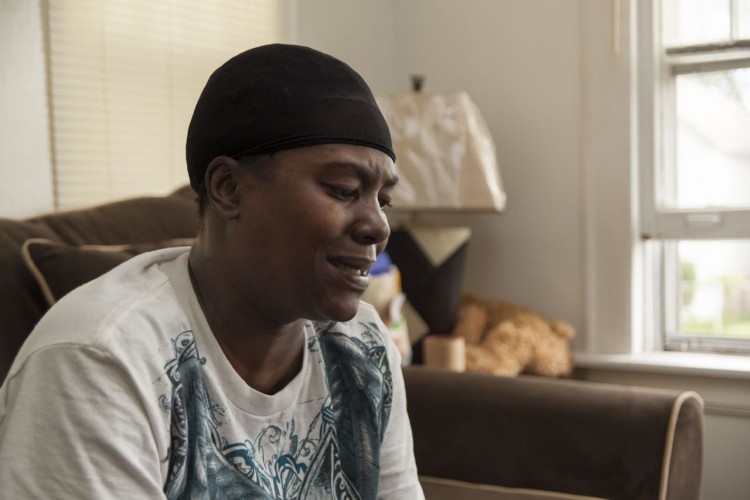

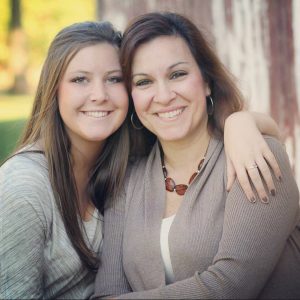
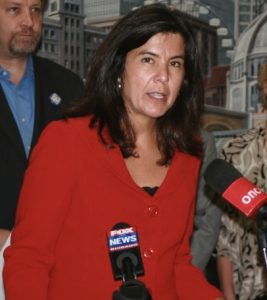
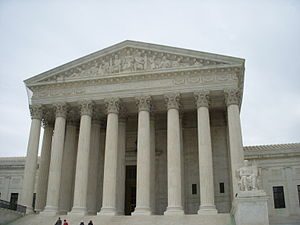






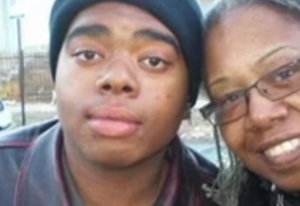
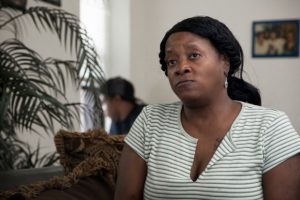
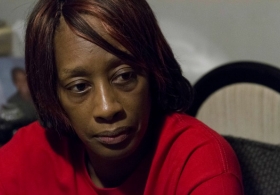


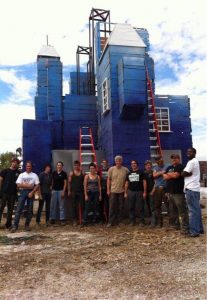

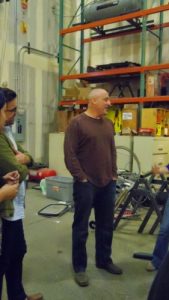
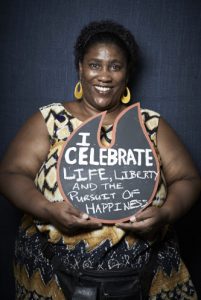

Be First to Comment